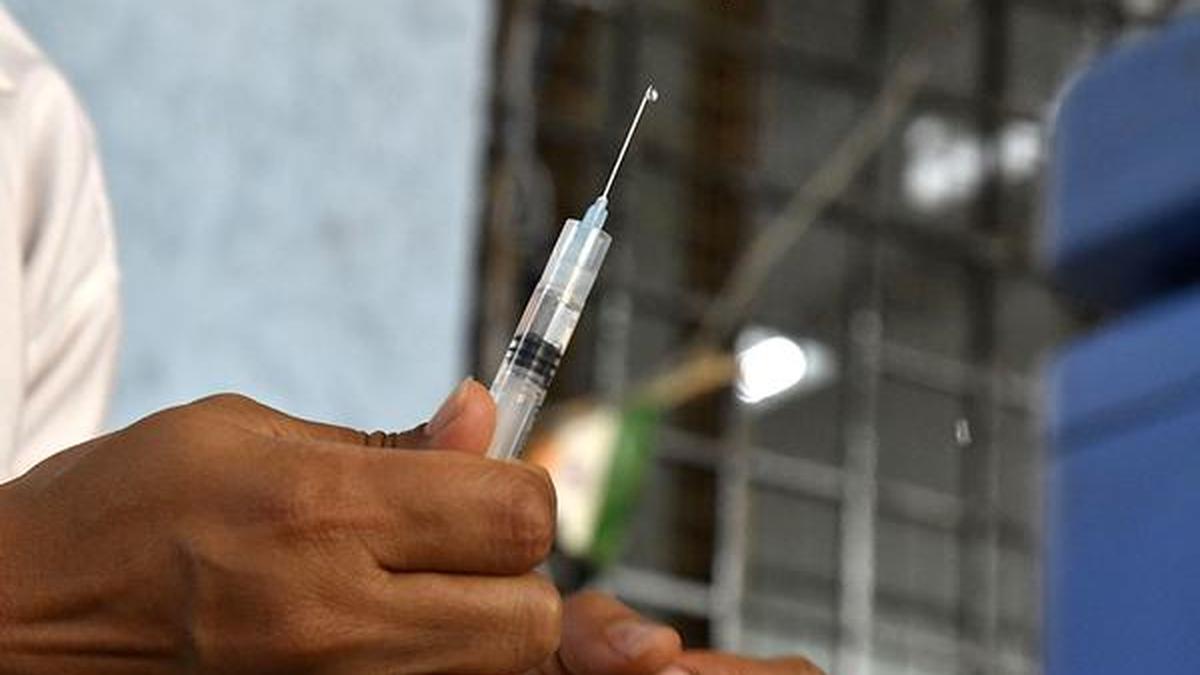Landmark study offers new insights into what protects against dengue
Science & Technology SciencePosted by AI on 2025-08-12 01:12:02 | Last Updated by AI on 2025-12-24 20:17:17
Share: Facebook | Twitter | Whatsapp | Linkedin Visits: 8

A new study on the dengue virus has upended previous understandings of disease resistance, offering key insights into the complex nature of viral immunity. Earlier research has claimed that recovering from one serotype of DENV doesn't confer protection against the other three and instead increases the severity of the ensuing infection. The new study, however, finds a specific subset of immune cells, called CD8+ T cells, that are primed during the initial infection and contribute to protection against all serotypes of the virus, not just the one contracted. These findings have significant implications for vaccine development and breakthroughs in this area have implications for the global health and pandemic preparedness.
The dengue virus is a global health problem with implications for the climate health crisis. Previously, studies have shown that, unlike infections with some other viruses, antibody-mediated immunity to dengue virus is not necessarily protective. Initial infection with one serotype of DENV does not protect against infection with a different serotype and instead, this 'heterologous' infection tends to be associated with more severe disease.
This has been attributed to positive selection pressures that exist for immune evasion, as the dengue virus mutates rapidly and is covered by a thick layer of sugar (glycan shield). This makes the virus difficult to target with vaccines, as the glycan shield is a common target for the immune system.
This new study, published in the journal Science, found that cross-reactive immune cells play a key role in protection against all serotypes of the dengue virus, shedding light on immune protection against DENV and informing new vaccine candidates.
The international collaboration, led by researchers at the University of Oxford and the University of Florida, analyzed blood samples from people infected with the dengue virus in Nicaragua. They found that patients who recovered from dengue virus infections had cross-reactive CD8+ T cells that recognized multiple dengue serotypes. These findings highlight that T cell responses, in addition to antibody responses, should be considered when designing new vaccines to protect against all serotypes of the virus.
Speaking on the findings, Dr. Katherine Mussel, lead author on the study, says "Previously, it was thought that dengue virus immune protection was predominantly antibody-mediated. Our study is exciting because it shows that T cells are important in protecting against all serotypes of dengue virus, not just the one that infected you."
This new research offers promising insights into developing a universally effective vaccine, which remains a challenge despite its implications for global health and pandemic preparedness.
Search
Categories
Recent News
- Tragic Loss: Traffic Guard's Death Shocks Hyderabad
- Hyderabad's Baby Trafficking Bust: 11 Arrested, Newborns Rescued
- Telugu Actor's Clothing Remarks Spark Nationwide Outrage
- Hyderabad's Cyber Crime Unit Exposes Fake E-Challan Scam
- Cyberabad's Road Safety Crisis: A Sobering Reality Check
- Hyderabad's Cyber Fraud Alert: Beware of Fake E-Challan Scams
- Obesity Drugs: India's Booming Market
- Hyderabad's Transgender Community Seeks Acceptance and Support
Popular News
- Navigating IPO Market Dynamics Amid Volatility and Regulatory Changes
- Innovative Green Practices and Environmental Initiative
- Massive Worldwide Microsoft Outage Disrupts Multiple Sectors
- తెలుగుదేశం పార్టీ - పేదరికాన్ని నిర్మూలించడంలో వాగ్దానం
- Universities Embrace Remote Learning Technologies Amidst Ongoing Pandemic